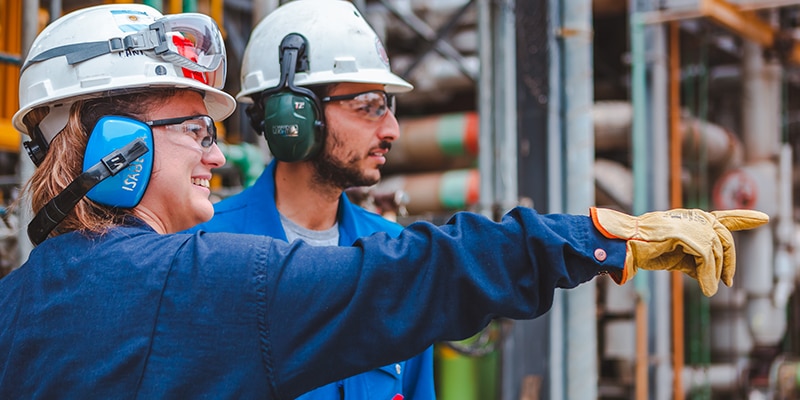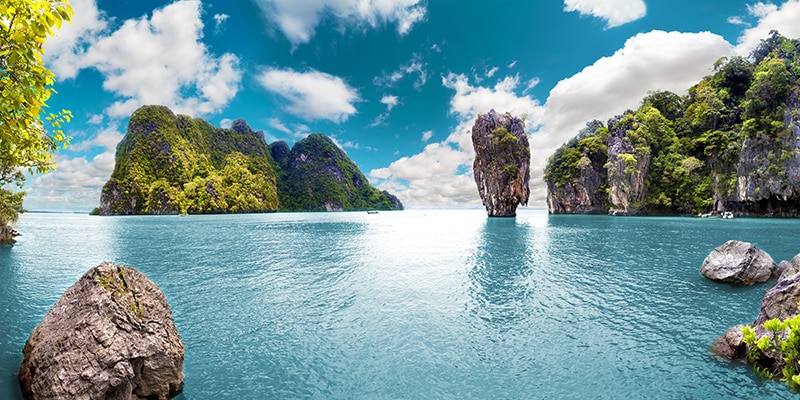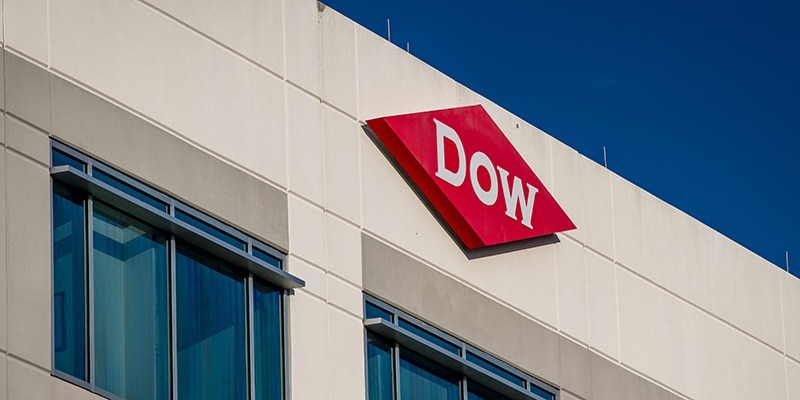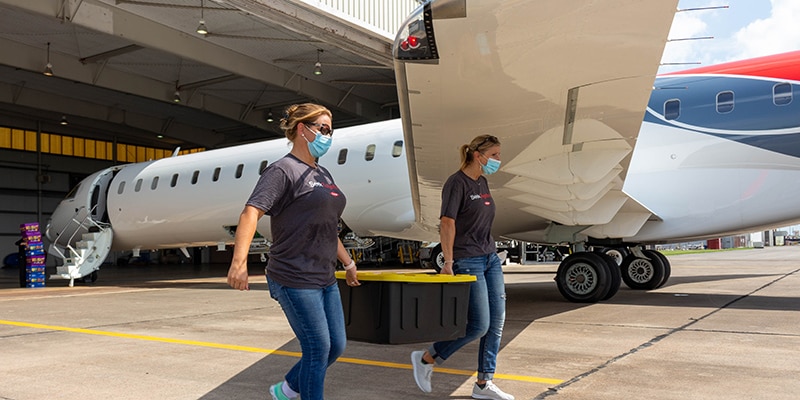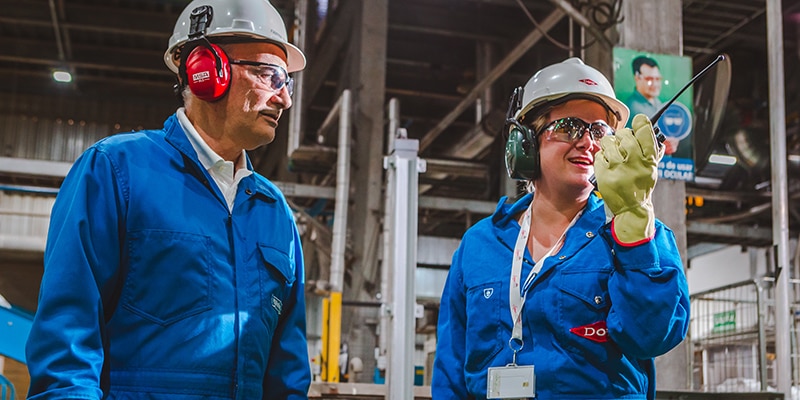
Volunteering at the core of a healthy mangrove forest in Thailand
Through their volunteer efforts in Thailand, Team Dow is helping support the Company’s sustainability targets to protect the climate, transform plastic waste and close the recycling loop.
For more than a decade, Dow Thailand volunteers have worked to protect the defenders of the coastline – mangrove trees. Just as the seedlings they’ve planted have taken root and grown, so has the impact of the team’s protection and restoration efforts.
Today, the Dow & Thailand Mangrove Alliance is taking mangrove conservation to the next level and engaging both public and private sectors as well as surrounding communities in reducing the impact of climate change and marine debris.
As we celebrate International Volunteer Day, we recognize that more than 75% of Team Dow volunteered at least once in the past year, which correlates with a more positive employee experience and higher satisfaction levels.
In Thailand, Team Dow is taking action together with local governments, the community and NGOs, the impact has grown from planting trees to educating local people about the value of the mangrove forest, while initiating sustainable tourism to support the local economy.
THE CHALLENGE
Mangroves are woody trees or shrubs that live on muddy coasts between land and sea. Their strong and complicated root systems enable them to protect shorelines from damaging waves and floods, reduce coastal erosion, improve water quality by filtering pollutants and act as nurseries for marine life.
Part of the “blue carbon” ecosystem, mangroves also can help capture greenhouse gases and help mitigate climate change impact by acting as powerful carbon sinks. That is, they absorb carbon dioxide from the air and store the carbon in their roots, branches and surrounding sediment – for up to a millennium, if left undisturbed.
That is why mangroves need our protection and restoration. But mangrove ecosystems in Thailand and across the world are under threat – damaged by coastal development, harmful fishing and farming practices, as well as pollution.
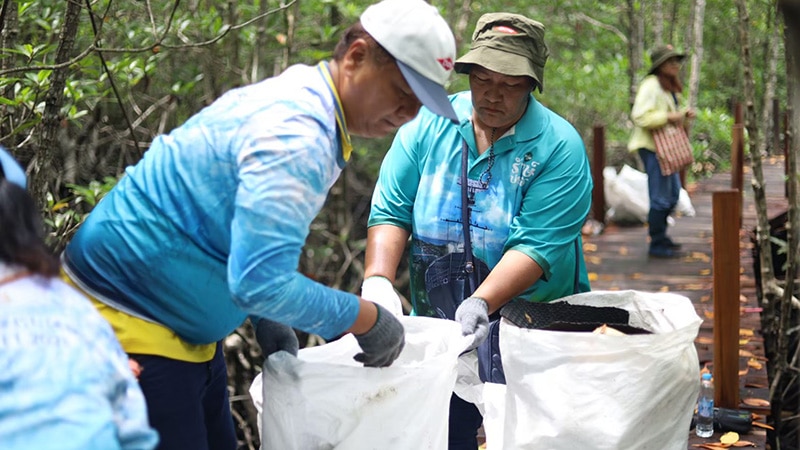
Volunteering in clean ups has been a key initiative to conserve the mangrove forest in Thailand
THE SOLUTION
Our team in Thailand has taken a multifaceted approach to conserve mangroves. Many of its efforts are conducted through the Dow & Thailand Mangrove Alliance, a collaboration between Dow Thailand, the Department of Marine and Coastal Resources, the Ministry of Natural Resources and Environment, and the International Union for Conservation of Nature. Actions include:
- Ongoing reforestation: About 15 years ago, Dow volunteers started to plant mangrove trees near our manufacturing site in the Pak Nam Prasae sub-district of the Rayong province, transforming a degraded land into a rich forest. Today, the Alliance aims to advance the conservation of mangroves along the coast of Thailand, covering five provinces on more than 5,000 rai (approximately 2,000 acres) of land.
- Raising awareness and promoting eco-tourism: With the support of local communities, we are helping promote the Pak Nam Prasae mangrove forest as a tourist attraction. The forest acts as a natural classroom and includes name cards identifying plants and signage explaining the forest’s ecological benefits. In 2022, we also worked with other partners to launch the iNaturalist application, which enables young people and the public to safely and sustainably explore mangrove wildlife.
- Collaborating with partners to tackle marine debris: Mangroves retain marine debris and prevent it from entering the sea. Team Dow volunteers regularly participate in cleanups, and the Alliance has created a model for waste management in the Pak Nam Prasae conservation area, passing on knowledge to the communities and visitors.
- Promoting carbon credit mechanisms for mangroves: Last year in Thailand, we sponsored the first “Blue Carbon Conference,” inviting government authorities, businesses, academic sectors, NGOs and local communities to brainstorm for collaborative ways to protect the wetlands and reduce climate change.
The holistic mangrove conservation program not only is beneficial to carbon reduction and biodiversity, but also creates economic and social benefits for local communities through income from a carbon credit system and tourism.
Inspiring others to act
Mangrove protection is a collective and long-term journey, calling for the efforts of individuals and organizations. Through their volunteer efforts in Thailand, Team Dow is helping support the Company’s sustainability targets to protect the climate, transform plastic waste and close the recycling loop.
On #IVD2023, we celebrate our volunteers in Thailand and worldwide who harness collective power to make an impact and exemplify the spirit of #IfEveryoneDid.

